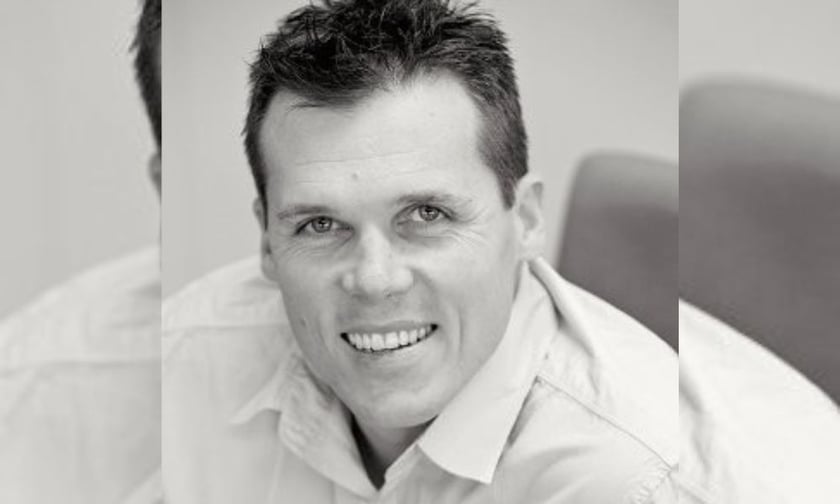

At the upcoming Insurance Business Claims Leaders Summit Australia, Anthony McLean (pictured above) will encourage insurers to urgently prepare for the national ban on engineered stone that comes into force on July 1.
McLean is national operations manager for Ambrose Construct Group, an insurance repair and restoration firm.
He’s worried that time is running out.
“Are they ready for those conversations that will happen immediately from the first of July?” McLean said. “As soon as a builder goes out and issues a scope of works to that customer, at that point in time, we need to have a viable alternative for that stone benchtop that's in the property.”
Engineered stone benchtops are a common feature in many kitchens across Australia.
McLean’s keynote address, “Silica – a property claims trainwreck”, will explain what insurers need to do – and quickly. His firm is the Event Partner for the Claims Summit.
One major challenge: it’s early May but a national framework for working with previously installed engineered stone is still being developed.
“The framework hasn't been released,” said McLean.
According to Safe Work Australia’s website, following a meeting of work health and safety ministers in late March, this agency is working on it.
However, the lack of an official national guide for insurers and businesses, said McLean, is just one major issue.
“The other challenge is across the states – and by the time we talk about it at the conference I'll have more clarity on it – each one is potentially looking at a different implementation phase,” he said. “So national insurers may need to manage separate models across the country based on the implementation of the ban by each state government.”
McLean said that NSW was the first government to state an intention to ban engineered stone. The federal government followed suit but some other states are not so “bullish” he said.
The varying speeds at which some states could roll out the ban, he said, will have particular issues in border towns after July 1 when claims for damaged home repairs come in.
“What happens if your stone supplier comes from one side of the border but implements on the other?” McLean said.
He urged insurers to closely examine their claims process for all damage repairs involving engineered stone.
McLean said from the building operations perspective, his firm needs to provide a deliverable scope of work to the insurer.
“We also need to demonstrate to the customer that we're going to put them back into a pre-event condition,” he said. “The pre-event condition now is with a stone that we are prevented through legislation to install.”
McLean said there needs to be an accepted alternative material.
“Is the insurer ready to have that conversation?” He said. “Do they actually have an understanding of the cost implications of this legislative change?”
McLean said that the closest replacement material is natural stone. This material, he said, is considerably more expensive.
“The insurer has to decide if the policy requires a matching or a like-for-like replacement or an ex-gratia payment,” he said. “Is it a betterment? What does that look like? There are a few questions they've got to look at.”
The ban also has wider implications, he said.
“Have the actuaries looked at the impact on the cost of living and affordability of insurance?” McLean said. “Is this another lever that is going to add to the affordability crisis and what does that mean for insurance policies?”
In April, the Australian Bureau of Statistics (ABS) released its Consumer Price Index (CPI) for the March quarter. The CPI showed the strongest annual growth in insurance premiums for more than 20 years.
“Insurance prices rose 16.4 per cent annually, which is the strongest annual rise since 2001,” said the ABS media release. “Higher reinsurance, natural disaster and claims costs continue to drive higher premiums for house, home contents and motor vehicle insurance.”
Also at the Claims Summit, tech firm Nearmap will examine how aerial imagery and data technology can speed the claims process and provide better information for insurers and loss assessors, particularly after natural catastrophes.
In the motor repairs space, AAMC and Arnie will discuss ways to improve that claims process and reduce ballooning costs, including from third party claims.
The Claims Leaders Summit Australia is taking place at The Fullerton Hotel in Sydney on May 9. You can find all the information on the event and register to attend here.
